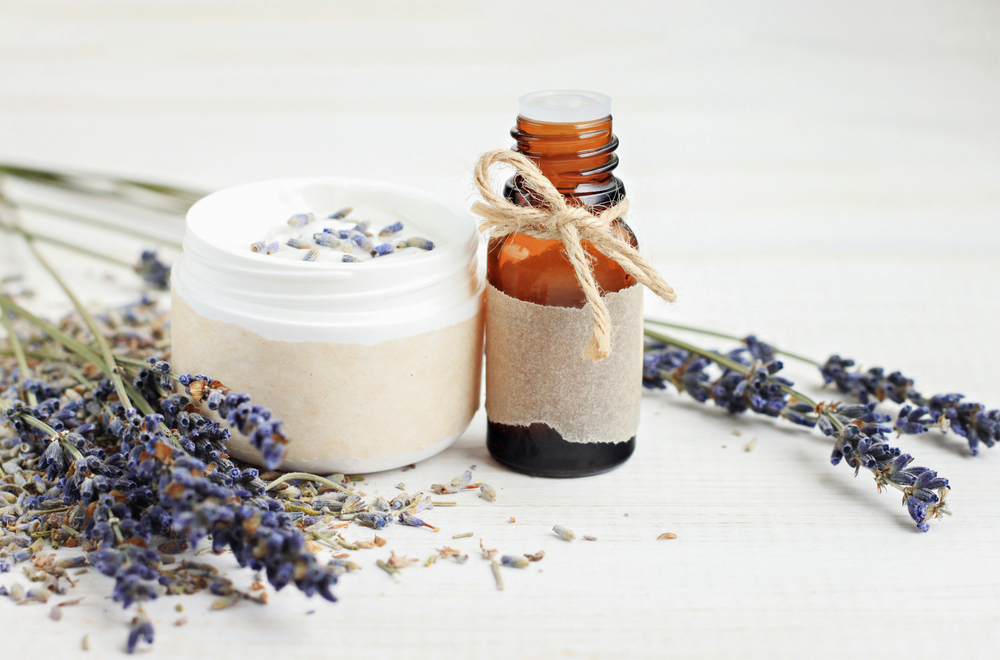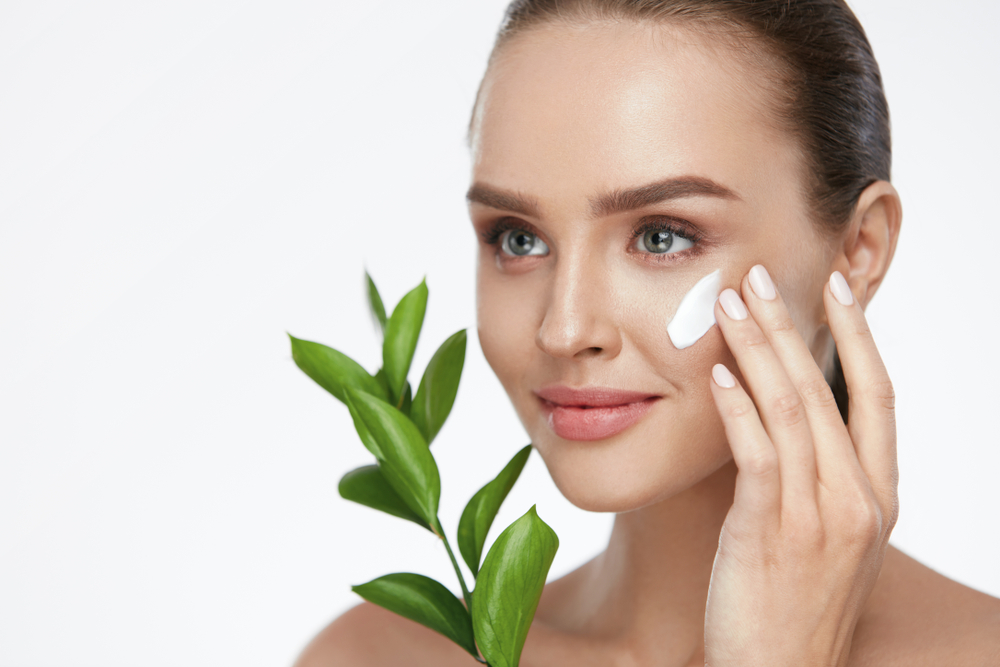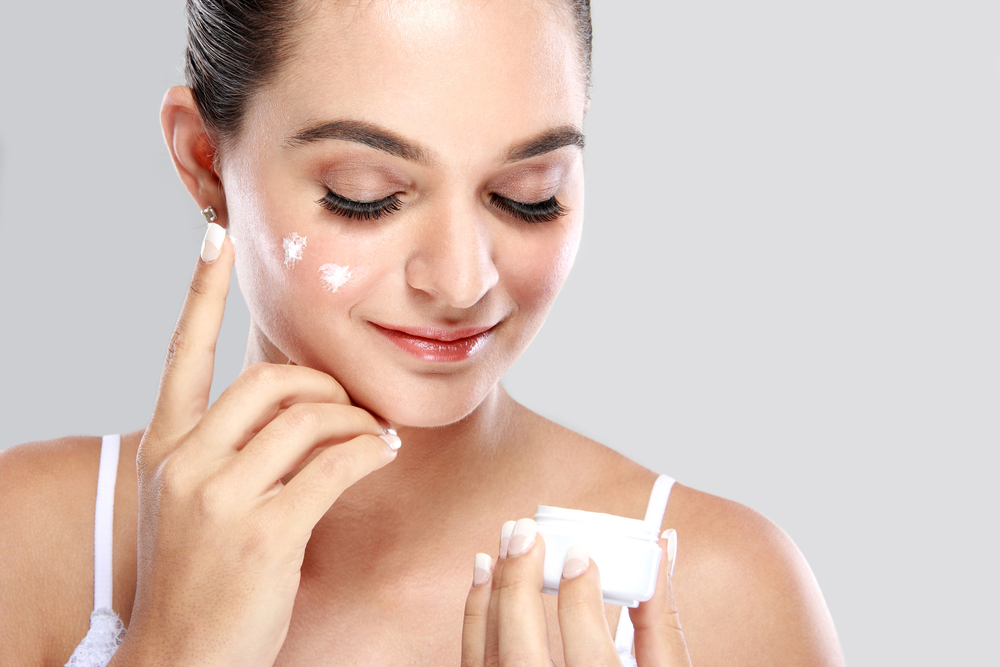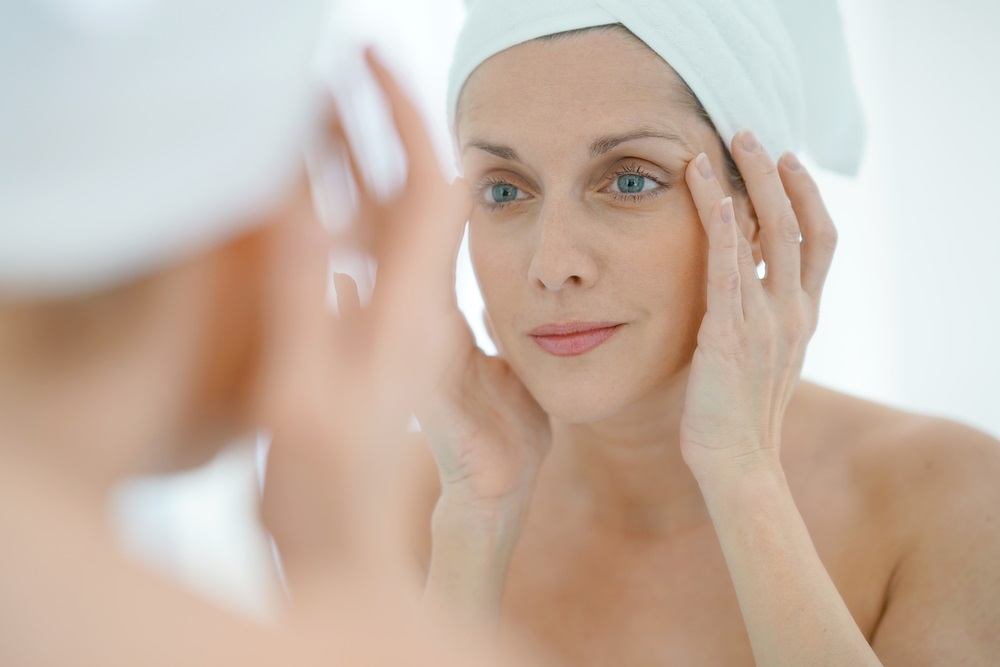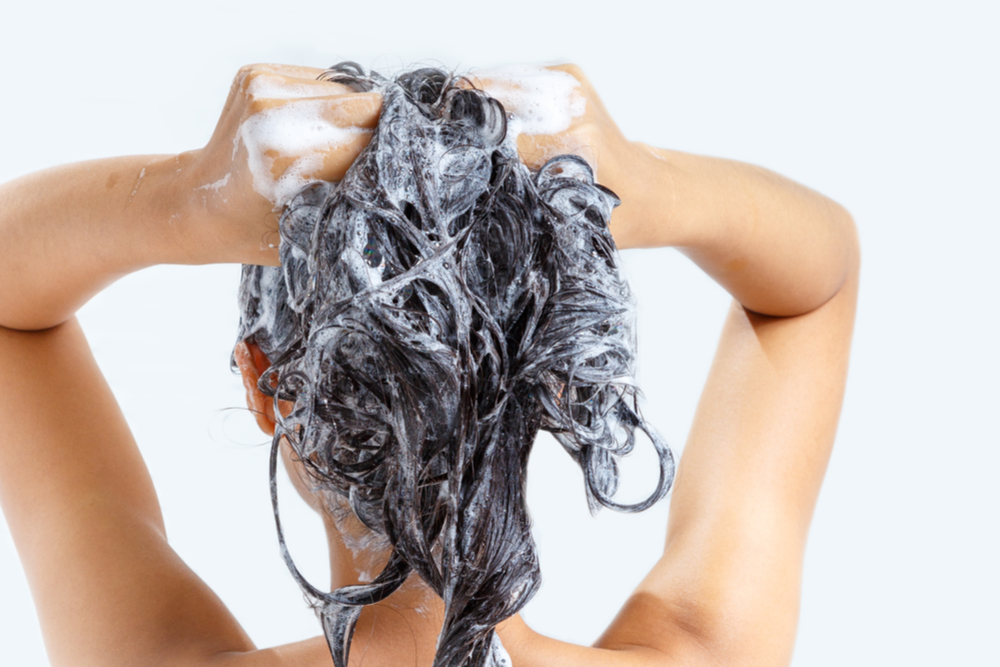- Facial serums can be made at home using a combination of carrier and essential oils to address specific skincare needs.
- Quality essential oils can be purchased online or in natural health food stores.
- Homemade facial serums are often safer than commercial products as they don’t contain synthetic chemicals.
Moisturizers make up a significant portion of the skin care product market, ranging from lightweight face serums to heavier lotions.
An increasing number of consumers are discovering that homemade face serums can provide all the moisturization they receive from store-bought serums.
What makes a good serum? And how can you concoct these yourself? We asked the experts.
What’s in a serum and why make your own?
No skin care regimen is complete without moisturization. Cleansing and exfoliating can strip natural hydrating oils from the face and if it is not restored, serious skin conditions can develop.
Serums can get you from dry to hydrated faster than heavier moisturizing creams.
“Face serums are lightweight, clear, intensive products that are often applied first after washing and toning your skin,” says Sebastopol, CA dermatologist Dr. Cynthia Bailey. “Thicker products such as moisturizers and sunscreen are often applied on top.”
Face serums generally contain active ingredients for hydration, along with essential oils that provide additional skin care benefits.
Going the DIY route
Making your own face serum can be a good idea for several reasons. First, homemade face serum recipes allow you to customize a formula for your specific skin type — be it dry, mature, oily or sensitive skin. Second, commercial serums can be expensive. Finally, commercial serums contain synthetic chemicals that may irritate and induce flare ups of chronic skin conditions like eczema and rosacea.
Dr. Bailey confirms these concerns, noting that the danger in using commercial products “is that allergens are often included in concentrations sufficient enough to cause allergic contact dermatitis.”
She adds that making your own facial serum “allows you to experiment with various concentrations to create a consistency that works for your particular complexion.”
Dr. Rhonda Q. Klein, a dermatologist based in Westport, CT, also supports facial serum use.
“A face serum can be moisturizing, anti-inflammatory and should include antioxidants for prevention,” Dr. Klein says. However, she warns that at-home recipes should be prepared with caution. “Many ingredients are not stable in some forms or may react with each other.”
Which serum recipe will work best for you?
While adverse reactions are not expected, it is best to test any serum on a small area of skin prior to applying it to the entire face.
The recipes provided here come recommended by dermatologists to guide you to pairing ingredients that won’t react adversely when combined.
To make any of the following facial serums, you will need a clean glass bottle, a dropper bottle of carrier oil, and a dropper bottle of essential oil.
The following list provides a breakdown of which carrier oils and essential oils to combine for each skin type. Specific recipes and application instructions are outlined below.
Acne-prone skin
Carrier oils: jojoba, sesame, argan, grapeseed, evening primrose
Essential oils: geranium, cedarwood, lavender, patchouli, tea tree, rose, Roman chamomile, lemongrass, rosemary
Dry skin
Carrier oils: avocado, sweet almond, rosehip seed, apricot kernel, sunflower
Essential oils: geranium, lavender, myrrh, patchouli, rose, frankincense, ylang ylang, cedarwood, clary sage, Roman chamomile, sandalwood, jasmine
Mature skin
Carrier oils: rosehip seed, jojoba, sweet almond, apricot kernel, avocado, sunflower, tamanu
Essential oils: rose, frankincense, myrrh, helichrysum, sandalwood, geranium, lavender, patchouli, cypress, jasmine, rosemary, ylang ylang
Normal skin
Carrier oils: apricot kernel, jojoba, grapeseed, sunflower, sweet almond
Essential oils: lavender, frankincense, geranium
Oily skin
Carrier oils: jojoba, argan, grapeseed
Essential oils: frankincense, geranium, lavender, patchouli, tea tree, ylang ylang, clary sage, Roman chamomile, cypress, peppermint, rosemary, sandalwood
Sensitive skin
Carrier oils: sunflower, jojoba, sweet almond, apricot kernel, rosehip seed, avocado, argan, grapeseed, evening primrose
Essential oils: helichrysum, lavender, rose, jasmine, geranium, frankincense, sandalwood
7 easy facial serum recipes
For each of the following recipes, add the listed ingredients to a 2-ounce glass bottle (or larger). Then, close the lid tightly and roll the bottle between your hands for 30 seconds to combine the carrier and essential oils.
After cleansing your face, apply one drop each to your forehead, cheeks and chin. Massage the serum into your skin using gentle, upward motions. Finish by applying a moisturizer of your choice.
Anti-acne serum with lavender
Lavender oil cleanses the skin, soothes irritation and lightens blemishes. To mix up a serum for acne-prone skin, combine:
- 2 ounces grapeseed oil
- 5 drops tea tree oil
- 5 drops lemongrass oil
- 10 drops lavender oil.
Dry skin serum with frankincense
Frankincense oil evens skin tone and smooths skin texture by promoting blood flow. Make a batch of serum for dry skin using:
- 2 ounces rosehip oil
- 5 drops rose oil
- 5 drops jasmine oil
- 5 drops frankincense oil
- 5 drops geranium oil.
Mature skin serum with helichrysum
Helichrysum oil helps prevent skin cancer, relieves sunburn and promotes wound healing. For an ideal serum for mature skin, combine:
- 2 ounces rosehip oil
- 5 drops rose oil
- 5 drops helichrysum oil
- 5 drops frankincense oil
- 5 drops geranium oil.
Normal skin serum with geranium
Geranium oil reduces inflammation and wrinkles while supporting skin cell regeneration. To concoct a serum for normal skin, mix together:
- 2 ounces apricot kernel oil
- 8 drops lavender oil
- 8 drops geranium oil
- 4 drops frankincense oil.
Oily skin serum with rosemary
Rosemary oil destroys bacteria while moisturizing the skin and protecting it from damage. It’s perfectly suited to tackle oily skin and can be made with:
- 1 ounce jojoba oil
- 1 ounce grapeseed oil
- 10 drops cypress oil
- 5 drops peppermint oil
- 5 drops rosemary oil.
Sensitive skin serum with sandalwood
Sandalwood oil evens skin texture, fights bacteria, shrinks pores and soothes the skin. For a perfectly balanced recipe for sensitive skin use:
- 1 ounce jojoba oil
- 1 ounce almond oil
- 5 drops helichrysum oil
- 5 drops sandalwood oil
- 5 drops frankincense oil
- 5 drops lavender oil.
Anti-aging serum with carrot seed
Carrot seed oil contains antioxidants, vitamin E and vitamin C to regenerate the skin. For an anti-aging serum, combine:
- 1 ounce rosehip oil
- 5 drops frankincense oil
- 5 drops helichrysum oil
- 5 drops sandalwood oil
- 5 drops carrot seed oil.
Final thoughts on facial serums
Dr. Bailey warns that highly aromatic essential oils such as lavender, sandalwood, ylang ylang, and tea tree can create an allergic response, so pay attention to how you respond to these essential oils.
To avoid irritation, Dr. Klein recommends that people with acne-prone skin types avoid vitamin E in both DIY recipes and commercial face serums. For the same reasons, it is recommended that people with sensitive skin avoid alpha and beta hydroxy acids.
Following the recommendations above, switch out carrier and essential oils to fit your preferences and maximize safety.
» For more information on facial serums that suit your skin type, consult a board-certified dermatologist in your area.





